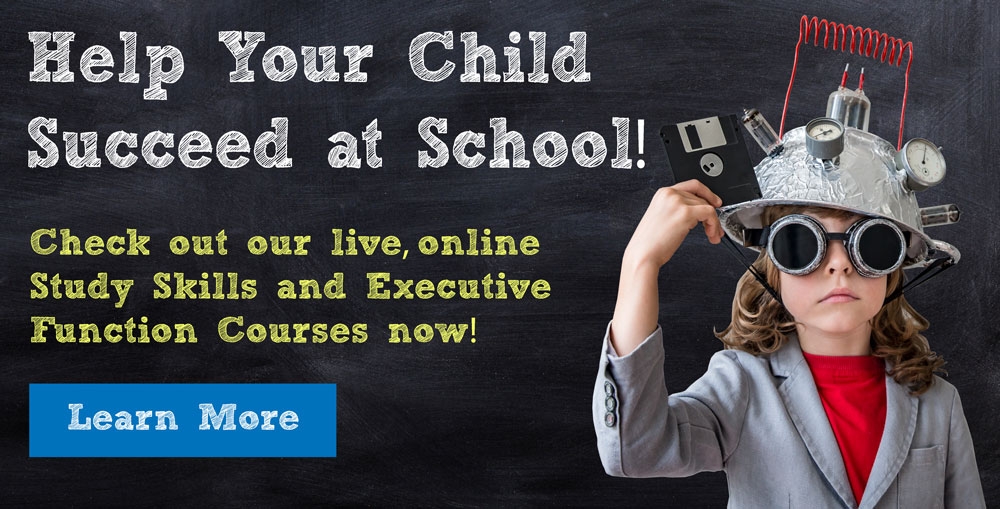 Goal-directed persistence, also known as “stick-to-itiveness,” refers to our ability to set a reachable goal and then display ongoing efforts and attention towards achieving this goal. Helping a child become more persistent will help them in school, sports, and other areas of achievement.
Goal-directed persistence, also known as “stick-to-itiveness,” refers to our ability to set a reachable goal and then display ongoing efforts and attention towards achieving this goal. Helping a child become more persistent will help them in school, sports, and other areas of achievement.
Our team of neuropsychologists, school psychologists, and psychology students at South County Child and Family Consultants are committed to searching the Internet and beyond to find reputable, informative, and practical tools for helping parents, children, and teens to improve their skills. We search for the best information online to help kids diagnosed with ADHD, Learning Disabilities, Executive Functioning Difficulties, struggles with Social Emotional Learning (SEL) skills, Autism, Depression, and Anxiety and provide you with information about how neuropsychological evaluations can help in targeting these concerns.
Videos for Children
Goal-Directed Persistence and Focusing Skills
This video was uploaded by Learning Works for Kids, a trusted resource that provides explanations and strategies that can be used to improve your child’s goal-directed persistence. Throughout this video, you will learn how to maintain and work towards your goals with the help of focus skills and games! This video is recommended for Children.
Perseverance for Students – Episode 1/3
Class Dojo collaborated with Stanford University’s PERTS lab to create a series on perseverance. In this video series on perseverance, two monsters named Mojo and Katie explore the different aspects of perseverance so that teachers and students can learn about it together in their classrooms! This video is recommended for Children.
Sesame Street: David Beckham: Persistent
In this video, David Beckham explains the term persistence. Check out this clip to learn more about perseverance and its impact on our lives!
Perseverance – Finding Nemo
This video highlights clips from the movie Finding Nemo that showcase perseverance. Watch this alongside your children/students and point out the goal-directed behaviors shown throughout the video. This video is recommended for Children.
Videos for Children & Adolescents
Plan, Practice, Improvise
This video explains the benefits video games can have when used in moderation. By choosing the right games for your child, you can help them work to improve their cognitive abilities all while they are having fun! Watch this video to learn more about games and their effect on our planning, flexibility and focus skills! This video is recommended for Children and Adolescents.
Puzzle Games
This video explains the benefits of puzzle games. Puzzles help us strengthen our math, planning, flexibility, focus, and time management skills. This video is recommended for Adolescents.
Are You Paying Attention?
This is a quick, fun video on paying attention when there are distractions around us. This video is recommended for Older Children, Teenagers, and Adults.
Videos for Adults & Parents
Executive Function – Skills for Life and Learning
This video, published by Harvard University’s Center on the Developing Child, provides an overview of building the Brain’s “Air Traffic Control” system. They focus on the effect our early life experiences have on our development of executive functioning skills. This video is recommended for Adults.
Executive Functioning – Definition and Strategies for Success
Dr. Erica Warren clearly defines executive functioning, explains how this difficulty impacts learning and then offers strategies for success. It is based on the materials and information found in the book, Planning, Time Management and Organization for Success: Quick and Easy Approaches to Mastering Executive Functioning for Students. Click the link to learn more about perseverance, executive functioning, and brain development. This video is recommended for Adults.
Receive online class information and helpful tips from Dr. Randy Kulman's LearningWorks for Kids |




